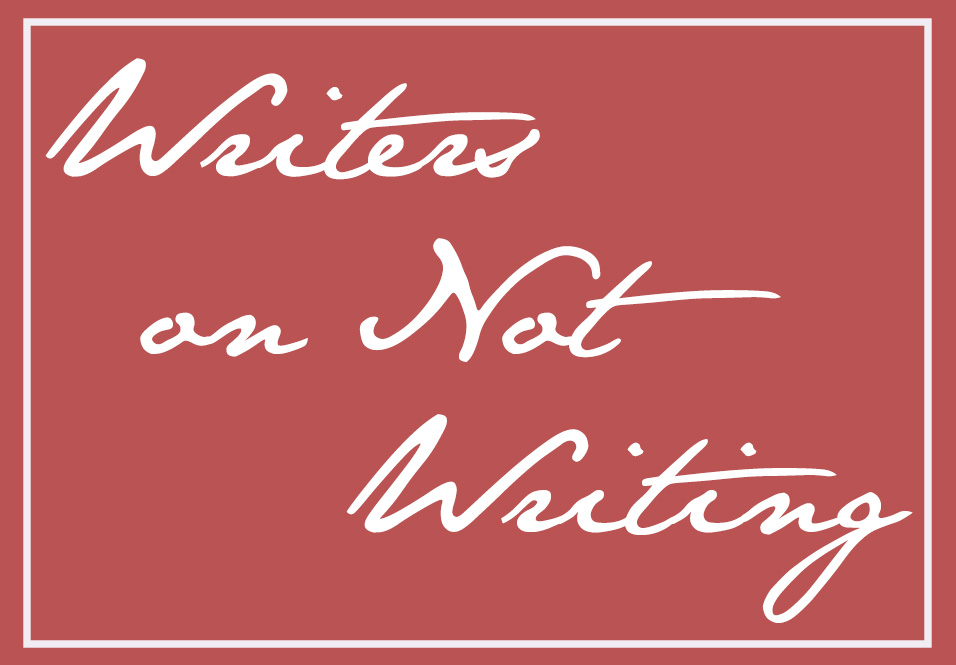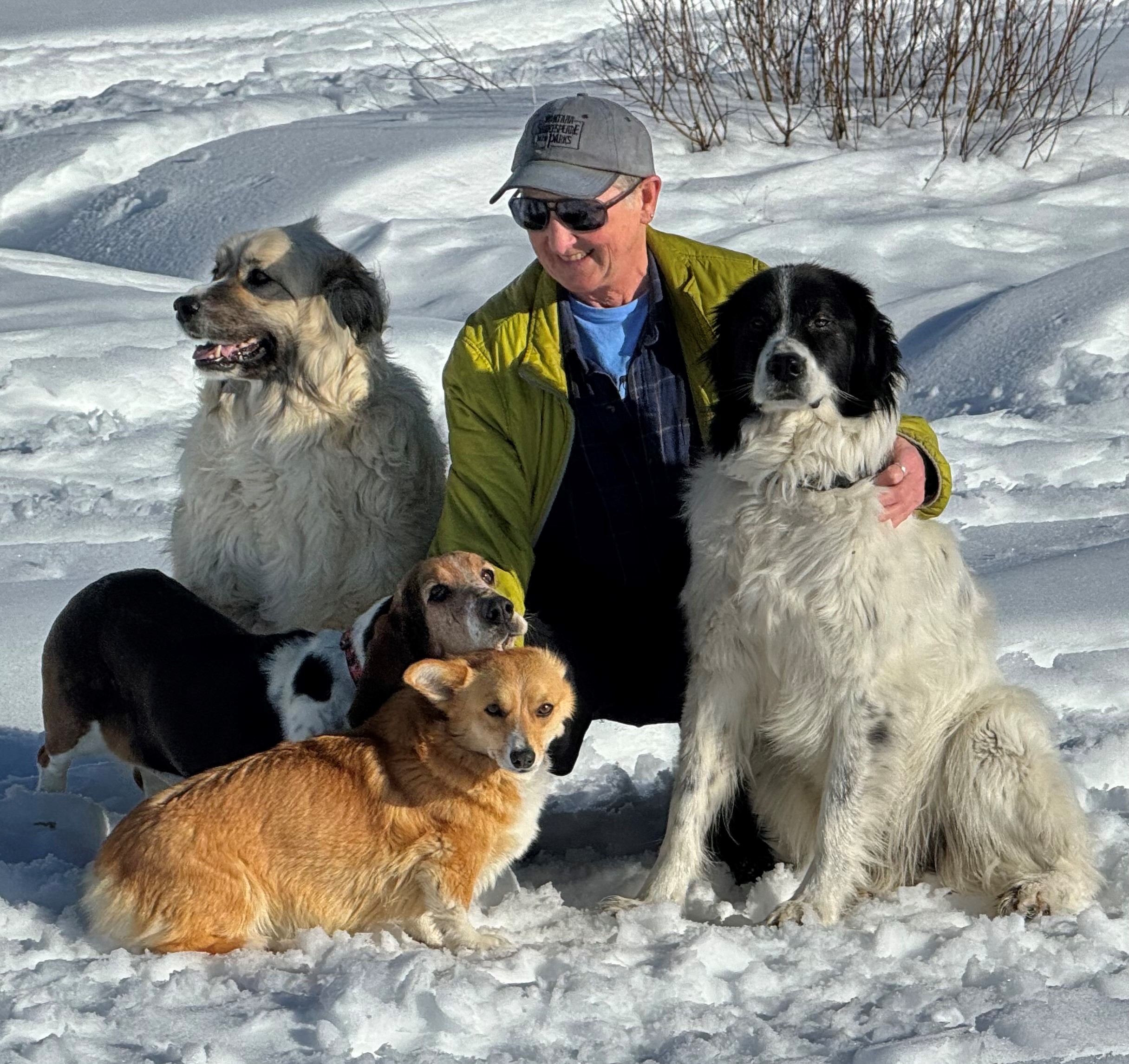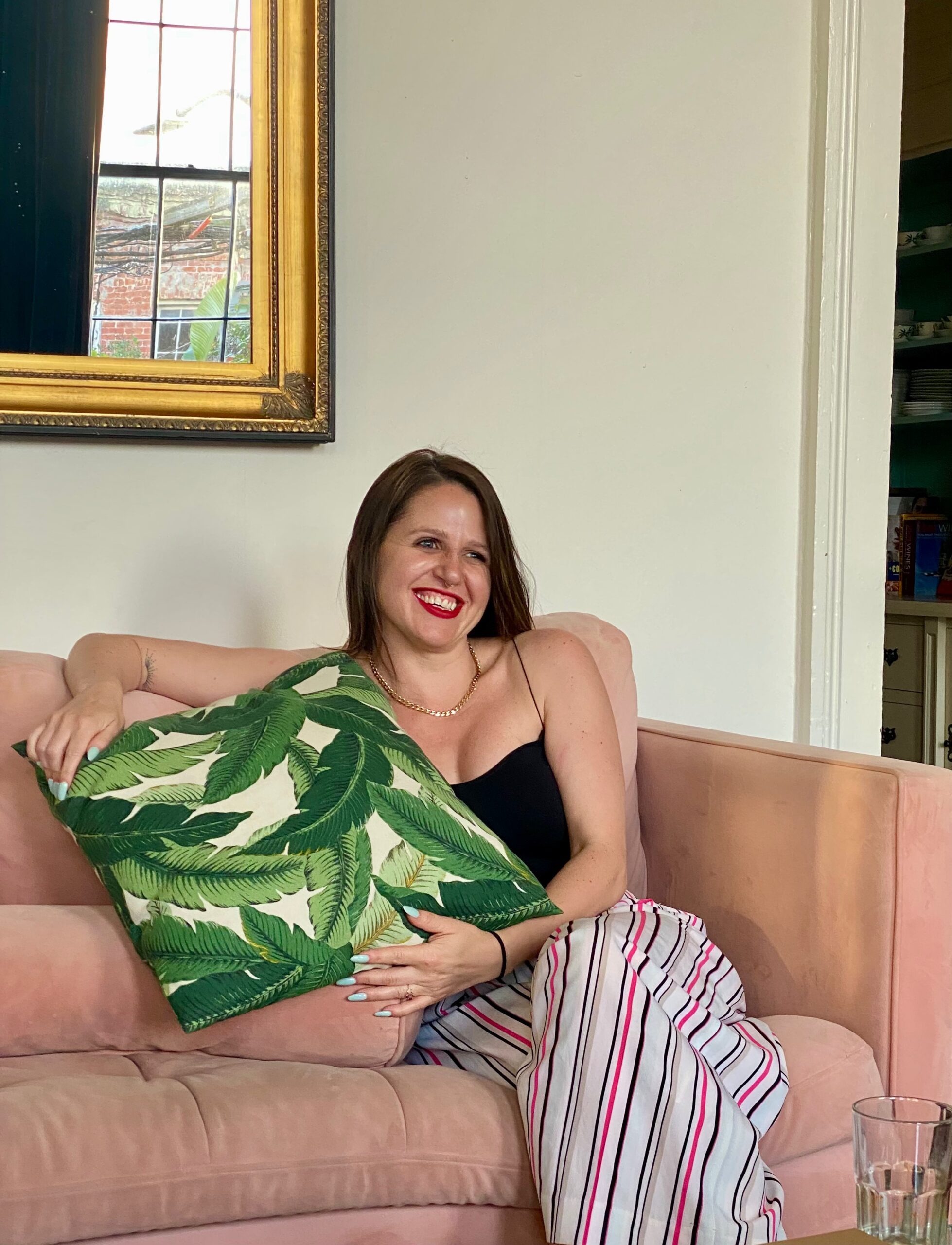Writers pour so much energy into their craft that sometimes we forget that creative pursuits other than writing can fill us up in other important ways. Here, we’ll look at what writers do when they aren’t writing, and how those pursuits affect the return to the page. This month, we hear from two writers—sid sibo and Emily Mathis—who find connection outside of writing in very different ways.
What fills you up creatively when you’re not writing? If you’d like to contribute to the Writers on Not Writing series, email jen@mastersreview.com. We can’t wait to hear from you!

If writing is about communicating, connecting, exploring, reveling, not-writing seems potentially impossible.
A lifetime of attention, and contributing labor, and belonging or becoming estranged, of absorbing the fruits of so many others’ contributions, all of this is folded into my writing. Thanking the raspberry bramble for the vermilion flavor of its converted sunshine. Celebrating the edible intense green of peas assembled in their pods. Inhaling elegant invisible air, shared with ancestors since the first atmosphere gathered around this exuberant experiment in life that some call Gaia. So while eating and breathing are not writing, by most standards, you’ll find both activities in my fiction, just as in my life.
 My officially not-writing hours do often fill with other people’s writings. And my brain makes music, not always harmonious, with other people’s words. We call direct copying plagiarism, but how frequently can we disconnect our thoughts from all the unacknowledged words filling the playlists between our ears? Most writing instructors and mentors, and publishers of literary magazines especially, exhort writers to read, read, read. Those readings that we find most interesting ooze into our own writings, surreptitiously, in form or topic or style, so… not-writing?
My officially not-writing hours do often fill with other people’s writings. And my brain makes music, not always harmonious, with other people’s words. We call direct copying plagiarism, but how frequently can we disconnect our thoughts from all the unacknowledged words filling the playlists between our ears? Most writing instructors and mentors, and publishers of literary magazines especially, exhort writers to read, read, read. Those readings that we find most interesting ooze into our own writings, surreptitiously, in form or topic or style, so… not-writing?
Not one to limit my reading to merely human languages, mink tracks in creek bank mud lead me into beyond-human worlds. The path is obscured by my four dang dogs loping about. One, a Basset hound, follows her nose, and tripping over the others, I try to keep up. For an old, short-legged beast, she moves with speed, unerring. Does she read earth, or air currents? Given that her capabilities with scent are up to a 100,000 times better than mine, I settle for following her. But settling for human limits is anathema to my imagination.
An ouzel sings from a rock midstream, bouncing on backward-bent knees as if resuscitating stone. Does this song signal territory, horniness, pride in a clutch of eggs hidden behind exposed lodgepole roots, maybe joy in the feast of macroinvertebrates floating in water’s current? Is this song written in water, erasing as it goes? The questions that surface for me from a world wilder than what is found in town lure me into scenarios that open fiction in strange and intriguing directions.
The mutts and I perch on rough and crumbling ledge, my fingers tracing time’s whorl of primeval snail shell, petrified. Beside it, eyes closed, I find a treasure of fractal-branched crinoid fossil long ago preserved in silt from the inland sea. Not-writing time includes traveling to writing and reading events, preferably those where I can camp out and hike and learn from interpretive signs provided on public lands. Writing coaches include such travels within their “writing” category. Making friends at literary events counts as writing; seeing old friends while traveling to or participating in said events—ditto. And lots of writers claim mundane activities like cleaning, showering, and gardening as meditative paths into their writing dilemmas. Emptying litter boxes, trimming pony hooves, collecting eggs, hauling hay, for me, ditto. So: still writing. Maybe by now you suspect me of cheating in my argument. Or suspect my life is boring.
As a metaphor-making metamorph, pressurized by existential chaos into glowing lava or dissolved inside a self-made cocoon, I live, grateful for the chance, grateful for unpredictable change. The pheromonal night moth writes a lusty message with phosphorescent wings. However briefly, I hope my words, and my footprints in the snow, can amplify the world’s possibilities.
sid sibo
During the COVID-19 lockdown, I was trying to write my way into something like a consistent creative practice when I started pole dancing. I lived in a two-room casita in downtown Albuquerque, a fenced in yard full of dirt, my Wayfair desk pressed against the bedroom window, an orange tabby outside who taunted my dog incessantly—the world felt small and constricted. The sentiments I tried to mine from my body felt tinny.
In Sigrid Nunez’s A Feather on the Breath of God, the narrator writes not of the pain of dancing, but the pain of not dancing: “You feel like a piece of clothing that has shrunk in the wash. A sensation worse than any muscle ache. You are trapped in a body that is too small for you; you want to claw your way out. Was it really possible that ordinary people went about feeling this way all the time?”
 When I started pole dancing, I felt the pain of not realizing there could be an unfolding within the confines of the body. I felt this despite not having the technical skills, muscles, or spatial awareness to climb the pole or lift myself into an inverted position. The idea of a jade split, a no-hands, upside-down, split on the pole, felt as impossible as writing a novel. An unattainable position of herculean effort.
When I started pole dancing, I felt the pain of not realizing there could be an unfolding within the confines of the body. I felt this despite not having the technical skills, muscles, or spatial awareness to climb the pole or lift myself into an inverted position. The idea of a jade split, a no-hands, upside-down, split on the pole, felt as impossible as writing a novel. An unattainable position of herculean effort.
I didn’t have the skills when I started dancing, but by merely watching and practicing, I felt an unraveling in my body and a carving out of new neural pathways. It’s a strange and joyful sensation to be an adult and discover new possibilities within the body, like being conscious for when we first began walking. The feeling is a counter to the idea that who we are, how we move, and what might be able to accomplish is a story already written.
Around this time, a mentor of mine told me I needed to think like an athlete if I wanted to be a writer. She said when NBA players step on the court for playoffs, it isn’t like that’s the only time they’ve ever touched a basketball. Not all writing, she was saying, is the writing included in a final piece. In writing, as in anything, she was reminding me of the value of practice.
I like the sentiment and yet, so often in writing the effects of that practice feels intangible. How do I gauge improvement? By what measures? I’ve been writing consistently for eight years and the demarcations of how I might have changed as a writer are not always visible to me. In contrast, I’ve been pole dancing for five years, and the benefits of practice are concrete. I once could not climb the pole but now am climbing, air walking, and aerially inverting. I feel the strength I’ve gained in the ease by which I can dance into positions which once felt insurmountable. Learning steps to a choreo once felt like learning a new language until one day, the steps dropped into the body. The fluidity of movement is proof of strength gained and the realities of neural plasticity.
The tangibility of pole dancing, to me, seems something to do with the continuous canvas on which these skills are practiced. In dance, the body is the continuous canvas; in writing, it is always a blank page, and yet the blankness is ever changing. The only solace is that there is greater fluidity in moving between empty page to first draft, and I think that all comes down to the benefit of practice.
Emily Mathis
Living just west of the Continental Divide, sid sibo has won the Neltje Blanchan Memorial Writing Award and has numerous stories in literary magazines and anthologies. Bison Books at Univ. of NE Press published The Scent of Distant Family: a novel in 2024, a finalist for two national awards. Find out more at sidsibo.com.
Emily Mathis is a writer and dancer. Her essay, “Men Smoking,” was the 2024 nonfiction winner of Sonora Review‘s The Erotic contest. Additional essays have been finalists for contests through the Sewanee Review, Fourth Genre, North American Review, Tucson Festival of Books, and Epiphany and have recently appeared in Sonora Review, Hunger Mountain, Epiphany, Los Angeles Review, Another Chicago Magazine, and others. Her debut essay collection was longlisted for the 2024 Miami Book Fair’s Emerging Writers’ Fellowship and named a semi-finalist for the 2025 Hudson Prize. She is seeking publication for her debut essay collection and working on a novel. Recent publications can be found at emilymathiswriting.com or on Instagram@emily_a_mathis.
